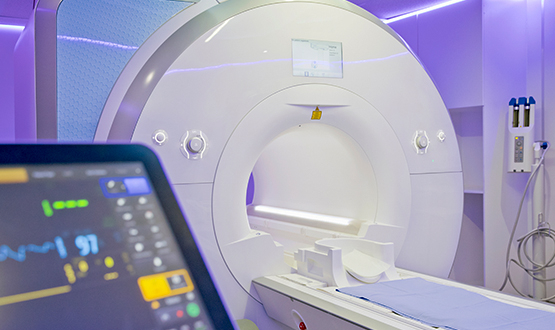
@ShahidNShah


Regional approaches to digital diagnostic imaging are about much more than pooling data or delivering new technology. They are a means to improve patient safety and access to care, says Sectra’s Chris Scarisbrick. “People die in the imaging world.” This was the message from Rebecca Hilsenrath, the director of external affairs, strategy and communications at the Parliamentary and Health Service Ombudsman, in March this year. I was privileged to share the stage with her at Digital Health Rewired, where she gave delegates an important reminder of what happens when digital infrastructure in healthcare is not up to standard. She spoke about Mary, for whom two months of incomplete and delayed reporting of her MRI scan led to a late diagnosis of liver cancer. By the time her diagnosis was delivered, Mary was too ill to consider chemotherapy or surgery.
Inadequate digital infrastructure in healthcare can have dire consequences for patients, as highlighted by the case of Mary who faced delayed diagnosis and compromised treatment options. Regional approaches to digital diagnostic imaging offer a promising solution to these challenges by focusing on patient-centered care and improved outcomes. The urgent need for such approaches cannot be overstated.
Continue reading at digitalhealth.net
A unified data ecosystem will provide the foundation for the next generation of patient-care technology. A combination of comprehensive data, sophisticated analysis and rigorous modeling are essential …
Connecting innovation decision makers to authoritative information, institutions, people and insights.
Medigy accurately delivers healthcare and technology information, news and insight from around the world.
Medigy surfaces the world's best crowdsourced health tech offerings with social interactions and peer reviews.
© 2025 Netspective Foundation, Inc. All Rights Reserved.
Built on Apr 17, 2025 at 6:07am